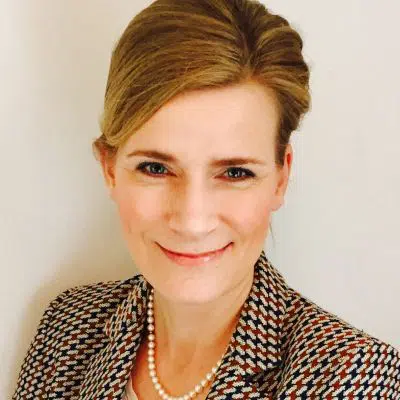
International agreements
Making competition fair
NEW: OECD Consensus modernised
15.7.2023
In April this year, the EU and OECD member states agreed on a reform of the OECD Consensus (see also press release of the Federal Economic Affairs Ministry, DE). The new rules are targeted at the dynamic market environment, in which exporters operate, and make special support for climate-friendly business possible.
You will find the most important changes and the new OECD Consensus on our theme page:

Multilateral cooperation
German export credit guarantees are subject to a number of international agreements. These pursue the regulatory objectives of avoiding distortions of competition in international trade and the crowding out of the private credit insurance market.
The OECD Consensus is one of the central sets of rules for state-supported export credits. The signatory states, including the EU, agreed back in 1978 to apply certain standards to national promotion. The aim was to ensure that competition was based on the price and quality of the exported goods or services and not on the extent of state support. For example, the financing conditions that may be offered (amount of the down payment, length of the credit period, amount of the co-financed local costs, etc.) or the amount of the fee to be charged are regulated. As the business world is constantly evolving, the consensus is also regularly revised. Only transactions with credit periods of two or more years are covered by the consensus.
Short-term business (loans with terms of less than two years), e.g. APG, is bound by European Union (EU) state aid law. Accordingly, the federal government may not provide cover for "marketable risks". This generally includes exports to other EU countries and some OECD countries for which there is sufficient capacity on the private credit insurance market.
Euler Hermes is also a member of the Berne Union (BU). In the BU, national export credit insurers, both public and private (such as Allianz Trade), exchange experience and information.
In the Paris Club, Germany, together with other creditor countries, negotiates debt rescheduling with over-indebted countries. This may also affect transactions for which the German government has assumed export credit guarantees.
Bilateral cooperation
In the case of large foreign deliveries, especially if 49% of the order value is exceeded or in the case of transactions involving a particularly high risk, the Confederation sometimes makes use of the option of reinsurance. The Federal Government has negotiated reinsurance agreements with a large number of foreign export credit agencies (ECA for short). In the case of reinsurance, it transfers part of the risk from the export business to another ECA. This ECA participates according to the deliveries from its country. For example, CESCE, the Spanish ECA, would cover supplies from Spain that are procured for the German export business. With the help of reinsurance, the federal government is able to cover larger-volume transactions and higher foreign supplies. As an exporter or bank, your point of contact remains Euler Hermes.
There are no reinsurance agreements with some countries because there has been no need for them to date or the systems are too different. Nevertheless, Euler Hermes maintains relations with most ECAs in order to facilitate cooperation in individual cases.
Apart from reinsurance, which is by far the most important instrument for providing cover for transactions involving a high amount of foreign content, joint insurance and parallel insurance also come into question when such transactions need to be covered. Which model will be used in the individual case, depends on the contractual arrangements of the respective export contract (see the diagram below).
Export Finance for Future Initiative (E3F)
At a meeting in November 2022, the E3F initiative at ministerial level from Belgium, Denmark, Finland, France, Germany, Italy, the Netherlands, Spain, Sweden and the United Kingdom agreed to no longer support fossil energy projects that are not in line with the 1.5 degree target of the Paris Climate Agreement from 2023. Despite the tense situation on the global energy and commodity markets, the participants reaffirmed their commitment to existing agreements. This also includes a declaration that all members signed during the COP26 climate conference in Glasgow in 2021. The implementation of these agreements is published in a standardised format ("country sheet") on the respective homepages of the E3F members.
Your contacts

